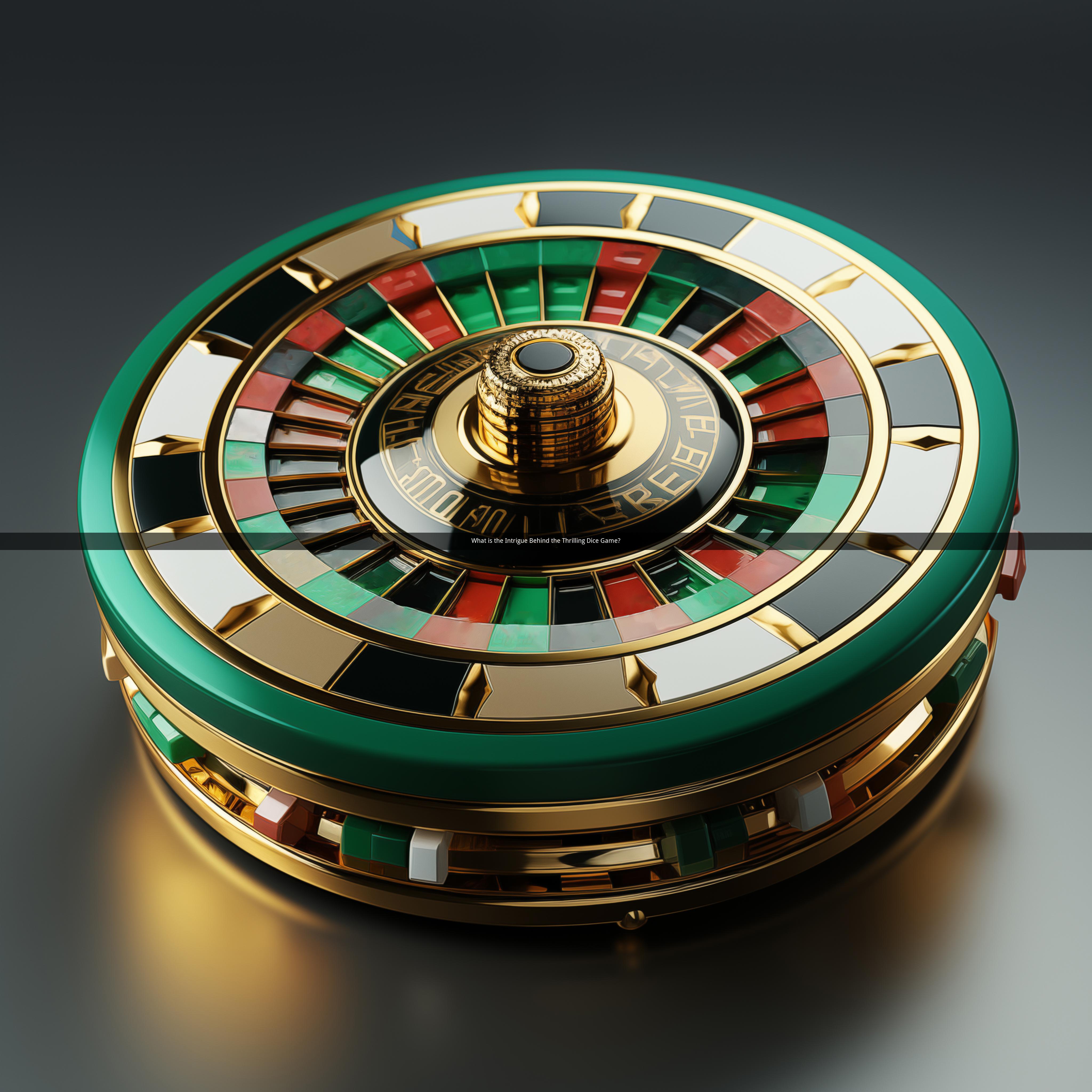
Table of Contents
1. The Rich History of Dice Games
2. The Basics of the Dice Game
3. The Role of Chance and Skill
4. Comparative Analysis: Dice Game vs. Other Casino Games
5. Cultural Significance and Variations
6. A Glimpse into the World of Professional Gamblers
7. The Psychology of Playing the Dice Game
8. Ethical Considerations and Legal Implications
9. Interactive Elements: How to Play the Dice Game
10. The Dice Game in Literature and Film
---
1. The Rich History of Dice Games
Dice games have been a staple in human culture for thousands of years. Their origins can be traced back to ancient civilizations such as the Egyptians, Greeks, and Romans. In fact, dice have been found in tombs, suggesting their use in rituals and entertainment. The ancient Chinese even developed a system of divination using dice, which laid the groundwork for many of the modern dice games we know today.
2. The Basics of the Dice Game
The most common dice game involves two six-sided dice. Players roll the dice, and the sum of the numbers on the top faces determines the outcome. The game can vary in complexity, with different rules and objectives depending on the variant being played. For instance, some games require players to reach a specific number, while others focus on the sum of the dice.
3. The Role of Chance and Skill
While the dice game is primarily a game of chance, skill can play a significant role in determining success. Players must learn to read the dice, predict the outcomes, and make strategic decisions based on their knowledge of the game. This blend of chance and skill makes the dice game both exciting and challenging.
4. Comparative Analysis: Dice Game vs. Other Casino Games
Compared to other casino games, the dice game offers a unique experience. While slots and poker rely heavily on luck, the dice game allows players to exercise some level of control over the outcome. This can make it more appealing to those who enjoy a bit of strategy and unpredictability.
5. Cultural Significance and Variations
Dice games have been used to celebrate various cultural events and milestones. For example, in some cultures, dice games are played during weddings and other festive occasions. There are also numerous variations of the dice game, each with its own set of rules and customs.
6. A Glimpse into the World of Professional Gamblers
Professional gamblers often excel at the dice game, thanks to their keen analytical skills and years of experience. They can often predict the outcomes of rolls with remarkable accuracy, allowing them to make informed decisions and maximize their chances of winning.
7. The Psychology of Playing the Dice Game
The dice game can be a powerful tool for exploring the human psyche. Players often experience a mix of emotions, from excitement and anticipation to anxiety and frustration. Understanding these emotions can help players develop a better understanding of themselves and their decision-making processes.
8. Ethical Considerations and Legal Implications
While the dice game is a popular form of entertainment, it's important to consider the ethical and legal implications of playing. In some countries, gambling is illegal, and players must be aware of the laws in their jurisdiction. Additionally, players should be mindful of their own behavior and ensure they are not becoming addicted to the game.
9. Interactive Elements: How to Play the Dice Game
Playing the dice game is a fun and interactive experience. Here's a simple guide to get you started:
- Materials Needed: Two six-sided dice, a flat surface, and a way to keep score (pen and paper or a digital device).
- Rules: Decide on the objective of the game (e.g., reach a specific number, sum the dice to a certain total, etc.).
- Playing: Roll the dice, sum the numbers, and compare the result to the objective.
- Winning: The player who reaches the objective first wins the game.
10. The Dice Game in Literature and Film
The dice game has been a popular subject in literature and film. From the ancient Greek tragedy "Oedipus Rex" to the modern film "The Big Short," the dice game has been used to explore themes of fate, chance, and human nature.
---
Questions and Answers
Q1: How has the dice game evolved over time?
A1: The dice game has evolved significantly over time, with variations and adaptations emerging in different cultures and regions. From ancient divination rituals to modern casino games, the dice game has become a diverse and complex form of entertainment.
Q2: What are some popular variations of the dice game?
A2: Some popular variations include Craps, Yahtzee, and Sic Bo. Each game has its own unique rules and objectives, making them appealing to a wide range of players.
Q3: Can the dice game be played with more than two dice?
A3: Yes, some variations of the dice game involve more than two dice. For example, in Yahtzee, players use five dice to create various combinations and achieve the highest score.
Q4: Is the dice game purely a game of chance, or can skill play a role?
A4: The dice game is primarily a game of chance, but skill can play a significant role in determining success. Players who learn to read the dice and make strategic decisions can often outperform those who rely solely on luck.
Q5: What are the ethical considerations when playing the dice game?
A5: When playing the dice game, it's important to be mindful of your own behavior and ensure you are not becoming addicted to the game. Additionally, players should be aware of the laws in their jurisdiction and avoid participating in illegal gambling activities.